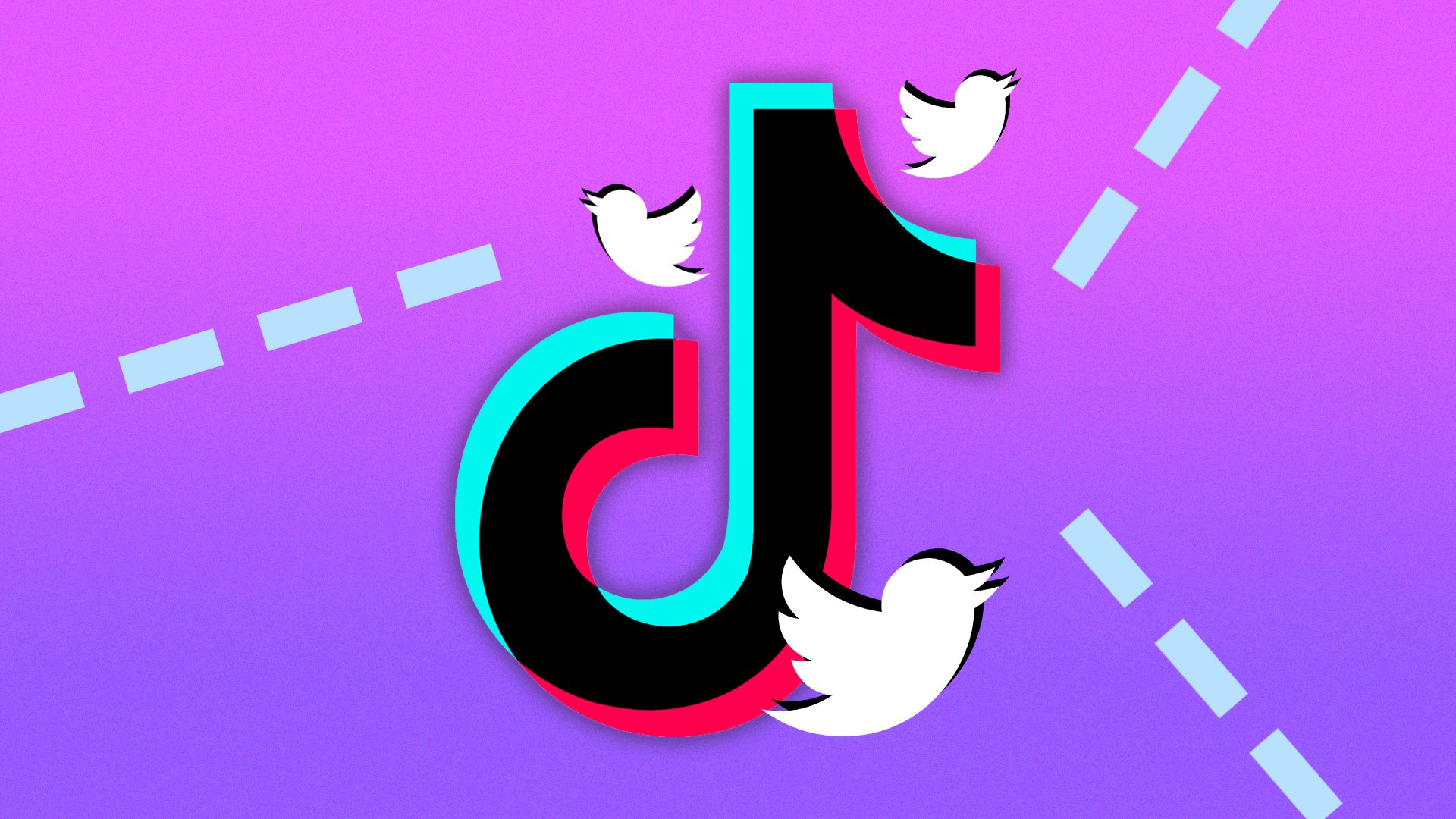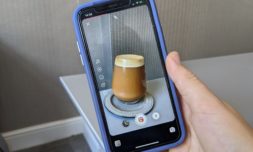TikTok users have been dressing up as Holocaust victims as part of a semi-viral trend. Unsurprisingly, The Auschwitz Memorial Museum has asked for it to stop.
TikTok has been through the ringer recently. In recent months it’s faced accusations of Chinese spyware, criticisms of deep fake investment, and Trump has promised to eventually ban it across the US, though Microsoft and Wal-Mart are now reportedly in a bidding war for future ownership.
It’s in more trouble this week as some users have been discovered ‘cosplaying’ as Auschwitz prisoners and retelling the stories of those who died during the Holocaust. I’m not going to show any footage of these videos because they’re ridiculously tone deaf and insensitive, but it’s gotten so bad that the Auschwitz Memorial Twitter account has felt the need to ask people to stop.
The ‘victims’ trend of TikTok can be hurtful & offensive. Some videos are dangerously close or already beyond the border of trivialization of history.
But we should discuss this not to shame & attack young people whose motivation seem very diverse. It’s an educational challenge. pic.twitter.com/UC7lM6gudj
— Auschwitz Memorial (@AuschwitzMuseum) August 31, 2020



















